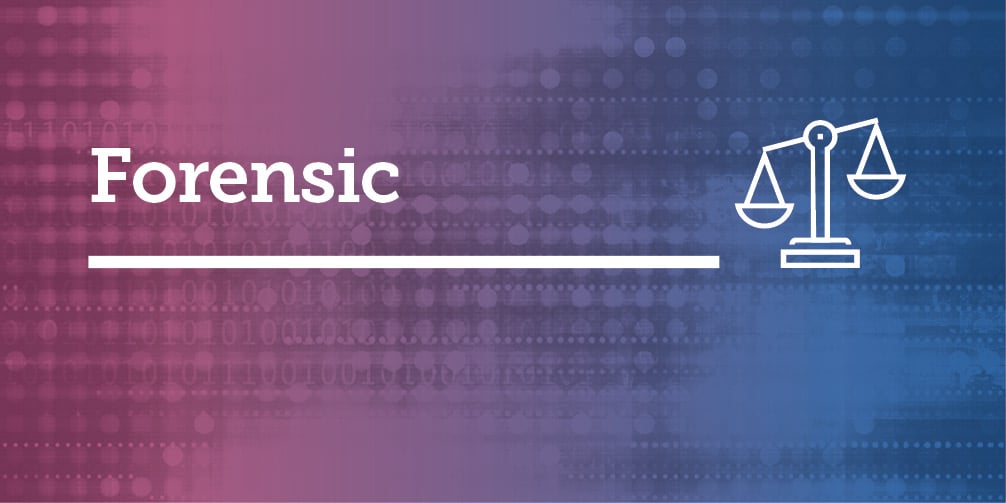What Is Solitary Confinement?
Solitary confinement involves isolating individuals in tiny cells for 22 to 24 hours a day, often with minimal human contact or environmental stimulation. While intended to maintain order or protect individuals, the practice usually results in severe psychological and emotional distress.
Psychological Effects of Solitary Confinement
The human brain thrives on social interaction and sensory stimulation. Depriving individuals of these essentials can lead to profound psychological consequences, including:
- Anxiety and Depression: Prolonged isolation can exacerbate feelings of loneliness, hopelessness, and despair. Many individuals report experiencing heightened anxiety, panic attacks, and symptoms of clinical depression.
- Cognitive Impairments: Solitary confinement disrupts cognitive functioning, including memory, attention, and problem-solving abilities. Some individuals experience disorganized thinking or difficulty concentrating, making reintegration into society even more challenging.
- Psychosis and Hallucinations: Extreme isolation can cause psychotic symptoms such as hallucinations, delusions, and paranoia. These effects may linger long after the period of confinement ends.
- Self-Harm and Suicide: Solitary confinement is strongly linked to increased rates of self-harm and suicide. The lack of social and emotional support exacerbates feelings of worthlessness, driving some individuals to extreme acts of desperation.
Mental Health Implications
Racial Disparities in Solitary Confinement
Racial disparities in the criminal justice system extend to the use of solitary confinement. Studies show that Black and Brown individuals are disproportionately placed in solitary confinement compared to their white counterparts. Factors contributing to this disparity include systemic biases, discriminatory practices, and policies that target marginalized communities.
The intersection of racial disparities and the psychological effects of solitary confinement highlights the urgency of reform. Marginalized individuals already face higher rates of mental health challenges due to structural inequities and solitary confinement compounds these issues, creating a cycle of harm and disadvantage.Why Reform Is Urgent
The detrimental psychological effects of solitary confinement cannot be overstated. Advocates for criminal justice reform are calling for policies that limit or eliminate the use of solitary confinement, particularly for vulnerable populations such as juveniles, individuals with mental health conditions, and those subjected to racial bias.
Alternatives to solitary confinement, such as therapeutic interventions and restorative justice practices, not only reduce harm but also foster rehabilitation and social reintegration. These approaches acknowledge the humanity of incarcerated individuals and prioritize their mental health and well-being.
Conclusion
Additional Resources
Blog Post
- Trauma-Focused Therapy Techniques
- Unlocking Wellness Behind the Bars: Illuminating the Struggles and Triumphs of Mental Health in Prisons
- Destigmatizing Mental Health in Prisons
- Prison and Mental Health Reform
Research
- Burnout and Empathy in high-stress mental health settings
- Unlocking Meaning: Metacognition as Key to Incarcerated Persons' Mental Health Recovery
Training
- LIVE: Assessment and Treatment of Clinical Care Needs
- LIVE: Trauma-Informed Care Practices in Corrections
- Ethical and Legal Issues in Correctional Mental Health
- Correctional Mental Health
- LIVE: Gender and Corrections
Podcast
























